Knowledge Bank
As the name suggests, Knowledge Bank is a compilation of all legal material that can help laymen, law students and lawyers get fact-checked & accurate legal information. Stay updated with legal events with segments like Amendment Simplified, News, Know The Law, i.e., legal term simplified, and tips.
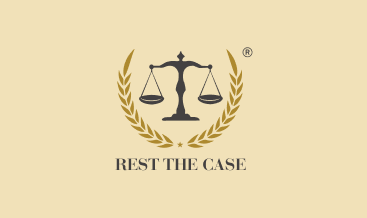
Know The Law
Feb 23, 2026
Mainstream


Know The Law
Feb 23, 2026
Mainstream


Know The Law
Feb 23, 2026
Mainstream


Know The Law
Feb 23, 2026
Mainstream


CrPC
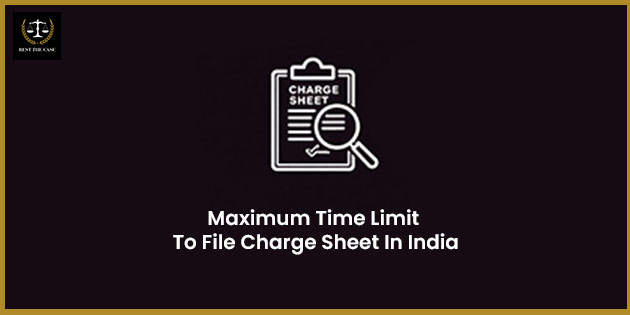
Know The Law
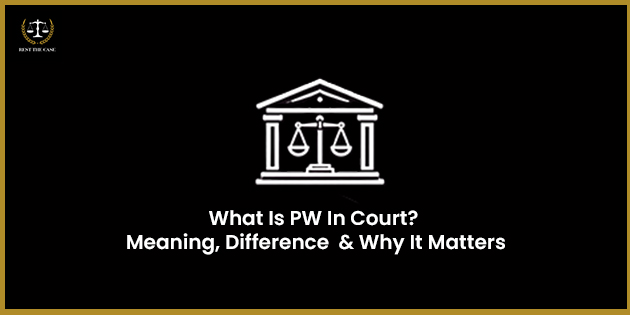
Know The Law
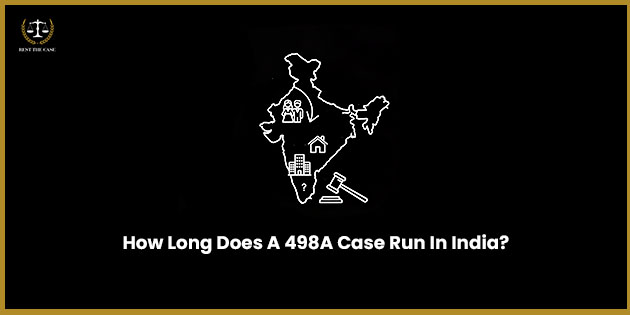
Know The Law
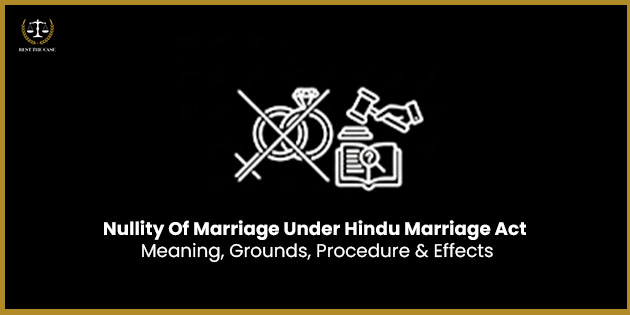
Know The Law
Feb 8, 2026
Mainstream

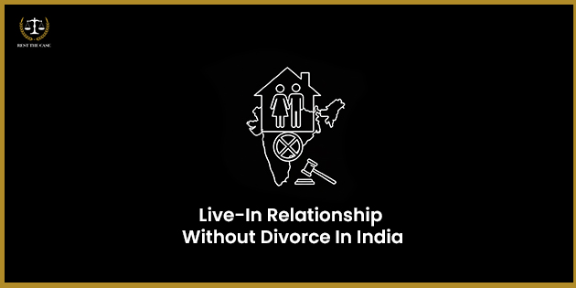
Know The Law
My Cart
Services
₹ 0

